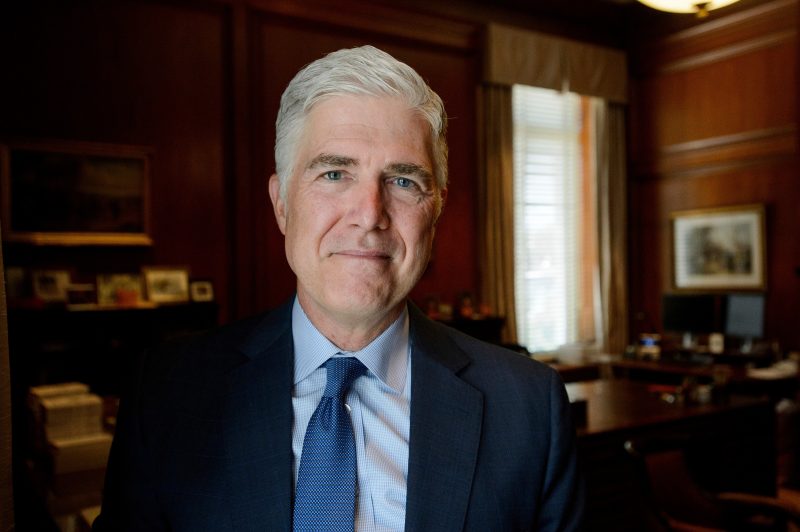In a recent speech at the Federalist Society’s annual dinner, Justice Neil Gorsuch expressed his concerns about the overwhelming number of laws and regulations that American citizens face on a daily basis. Gorsuch, a staunch advocate for individual liberties and limited government intervention, drew attention to what he perceives as a growing trend of excessive legal complexity that infringes upon fundamental freedoms.
One of Gorsuch’s central arguments was the idea that the sheer volume of laws and regulations in the United States has reached a point where it is nearly impossible for the average person to navigate them effectively. He highlighted how this level of complexity can lead to situations where individuals unknowingly run afoul of the law, facing serious consequences despite having no intent to break any rules.
Moreover, Justice Gorsuch raised concerns about the expansion of administrative agencies and the delegation of legislative powers to unelected bureaucrats. He argued that this trend undermines the principles of separation of powers and poses a threat to the democratic process. Gorsuch’s critique is in line with his well-known judicial philosophy of textualism and originalism, which emphasizes the importance of clear and predictable legal standards.
Gorsuch’s remarks have sparked a debate about the role of government in regulating society and the balance between individual freedom and the need for governance. Some legal scholars and commentators have echoed his concerns, pointing to the need for a more streamlined and transparent legal system that prioritizes simplicity and clarity.
On the other hand, critics have argued that Gorsuch’s views may overlook the complexities of modern society and the need for detailed regulations to address pressing issues such as public health, environmental protection, and consumer safety. They caution against overly broad generalizations about the state of the law without considering the nuances of specific policy areas.
Ultimately, Justice Gorsuch’s speech serves as a reminder of the ongoing dialogue about the nature and scope of law in a democratic society. While his call for greater simplicity and coherence in the legal framework resonates with many who value personal freedom and limited government, the practical challenges of achieving such objectives remain a subject of continued debate and discussion in legal and policy circles.
